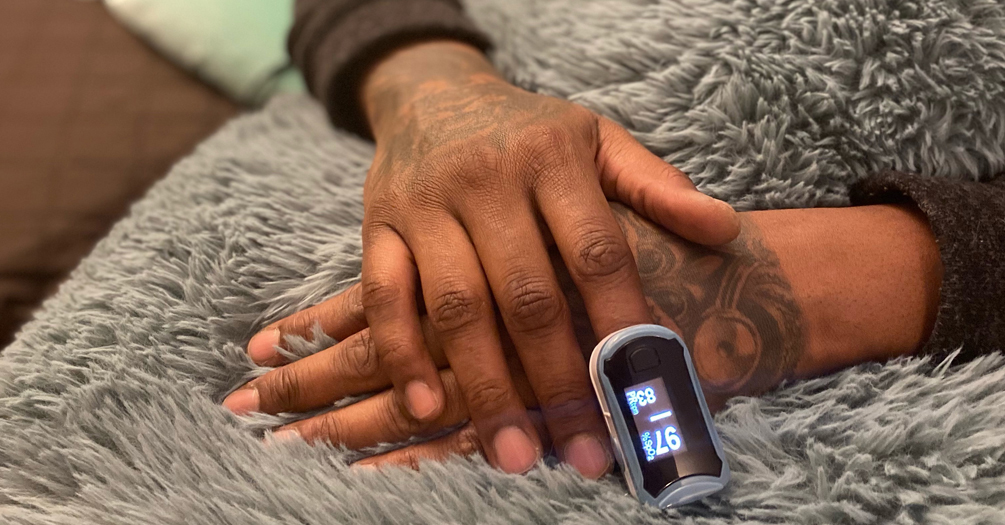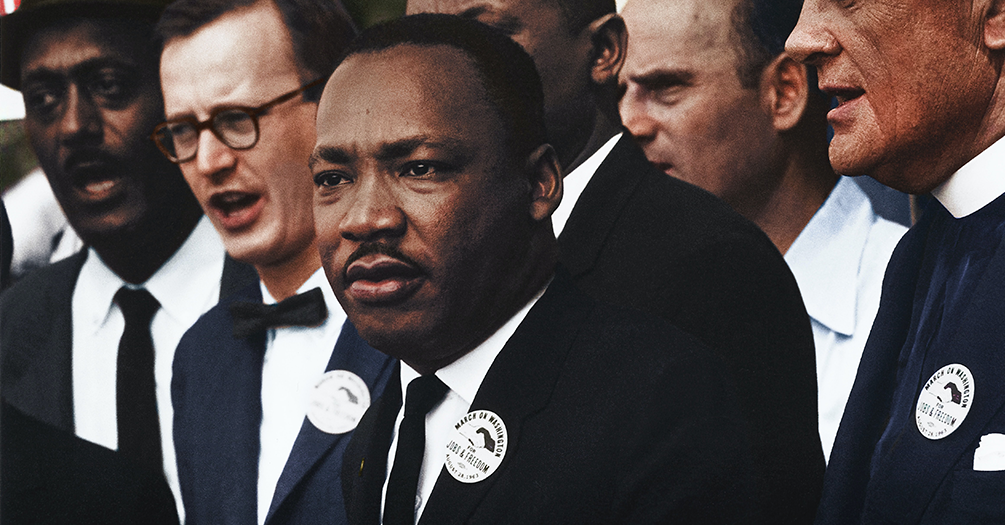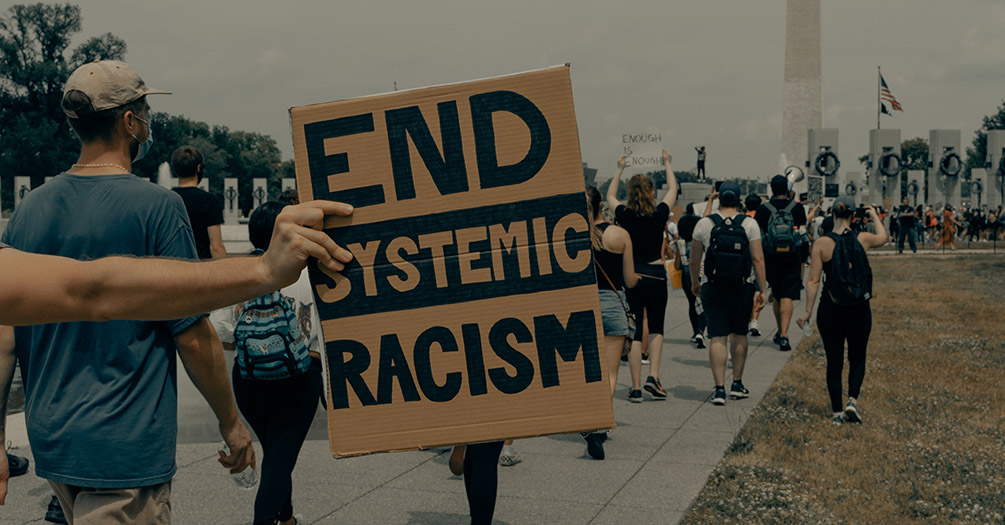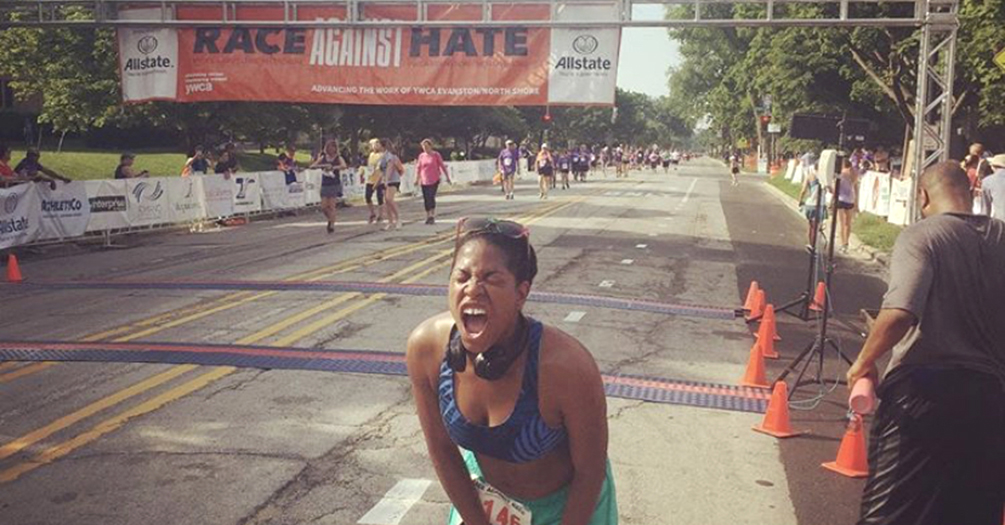
Black People Are Three Times More Likely to Experience Pulse Oximeter Errors
Susan Dorr Goold, Michael Sjoding, and Thomas Valley
Pulse oximeters can noninvasively measure blood oxygen levels, a vital biomarker for many. But these devices are imperfect and provide inaccurate readings especially for Black patients. Why are these devices flawed, and how can we improve the technology?





